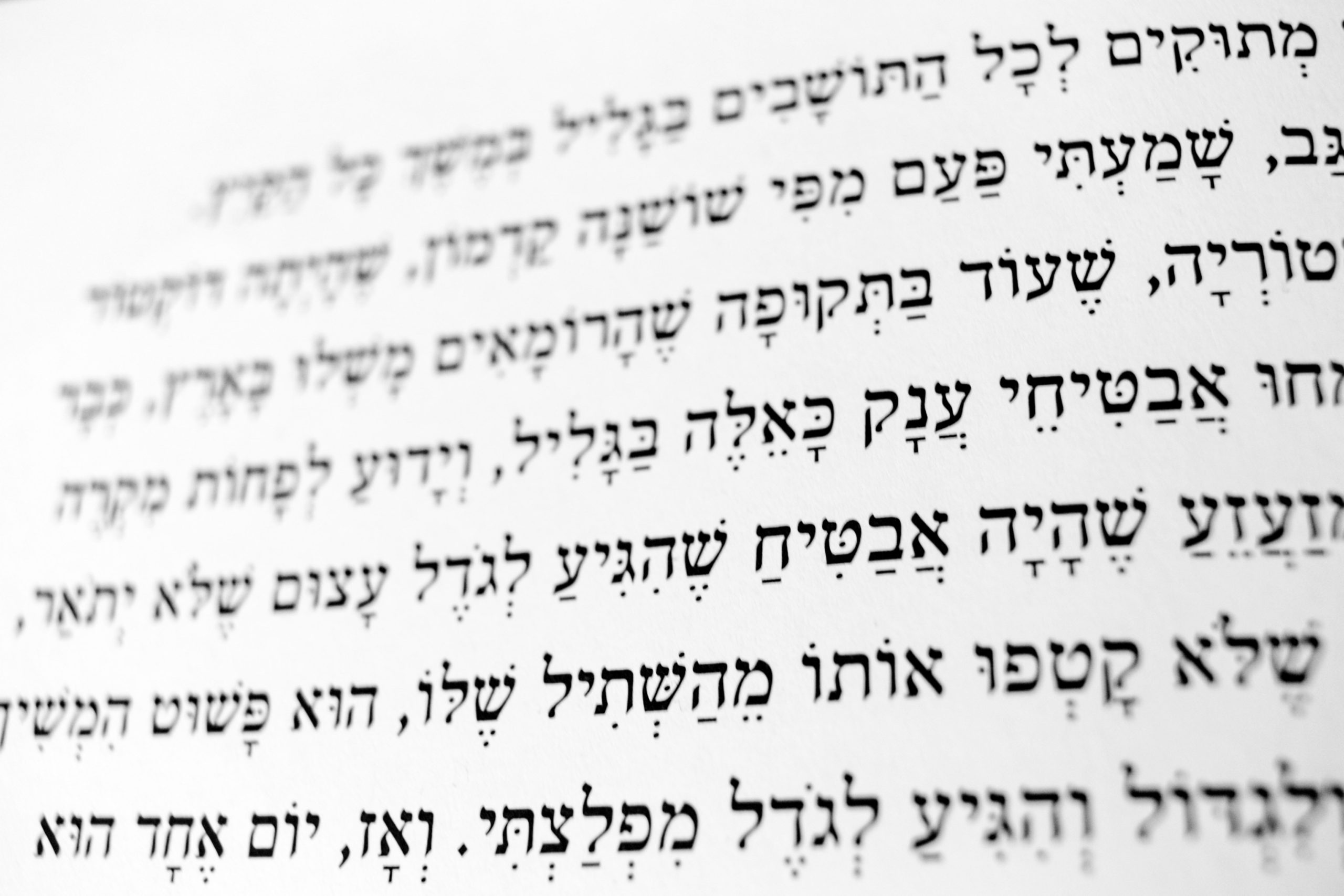How does the Bible work?
How does the Bible work?
Let’s go back to our insight that the Bible is a text. If this is true, another important question to ask is:
What is the function or purpose of a text?
In other words: why is a text written? Why am I writing this text, for example? Because I (the author) want to communicate something to you (the reader). If we diagram that, it would look something like this:
Author –> Text –> Reader
Why is this important? Because I believe this is also true for the Bible. The biblical authors (human and divine) wrote the biblical texts because they wanted to communicate something to us, the readers. This means that a really important question to ask as a reader is: what is the author trying to say through the text? What is he trying to communicate to me? What is his agenda? Not: what is my agenda? What do I want to see in this text?
So what is the author trying to say? As soon as we try to answer that question, we discover that it’s not always easy to do so. For one thing, the authors don’t always tell us directly what they are trying to say. Sometimes they do (and we’ll get back to some of those instances later) but many times they don’t.
Also: neither the human authors nor the divine author are available for a face-to-face conversation about the meaning of their texts. Don’t you sometimes wish you could sit down with Moses or Isaiah or Paul and ask them: what were you trying to say in this particular passage? What was your point?
Now obviously the authors of the Bible could have spelled out everything in a very straightforward manner. But they didn’t and I believe there’s a good reason for that: they wanted us as readers to experience the joy of discovery. It’s one thing to be told what the meaning of a certain text is. But it’s so much more rewarding to discover it for yourself!
Which brings us back to our question:
How does the Bible work?
Or to put it differently: how do the biblical authors communicate? How can we discover what they are trying to say?
First, we must ask the divine author for help. God wants us to understand the Bible and is more than willing to help us. In John 16,13 Jesus says that the Holy Spirit will guide us into all truth. And in Luke 11,33 he says that God will give the Holy Spirit to those who ask him. So before you begin to study the Bible, ask God for the Holy Spirit. Ask him to guide you into all truth. Ask him for wisdom to understand what he as the ultimate author of the Bible is trying to say. I cannot emphasize this enough. Prayer is the most important thing you can do! Take time to pray before you open God’s Word.
Second, we must study the text. Most of the time the Holy Spirit does not just drop the meaning of the text into our mind. Instead, he works through and together with our mind (if we ask him). Which means that when we study the Bible we should use our mind (under the guidance of the Holy Spirit). Thinking is mandatory!
So let’s do just that. Let’s study the Bible and see if we can discover how it works. But where should we start? Well, if you want to understand a book it’s usually a good idea to start at the very beginning. So let’s begin with the creation account in Genesis 1 and 2.




